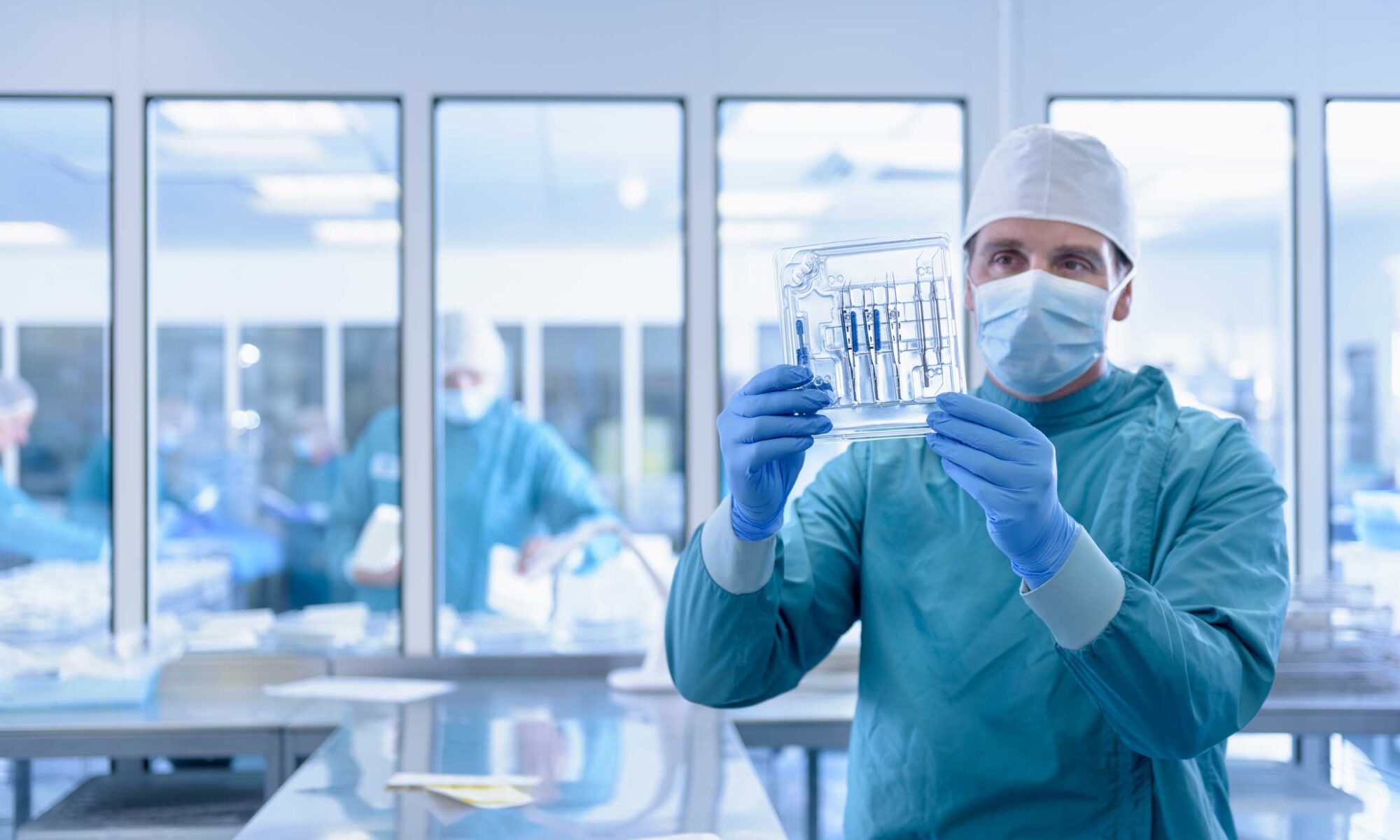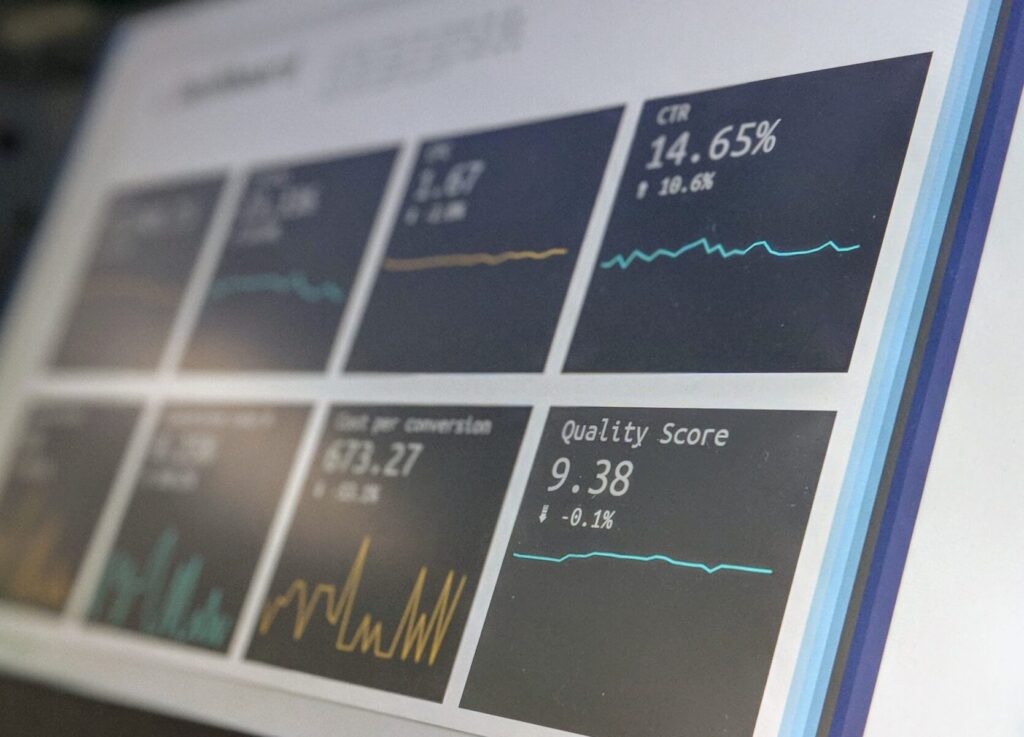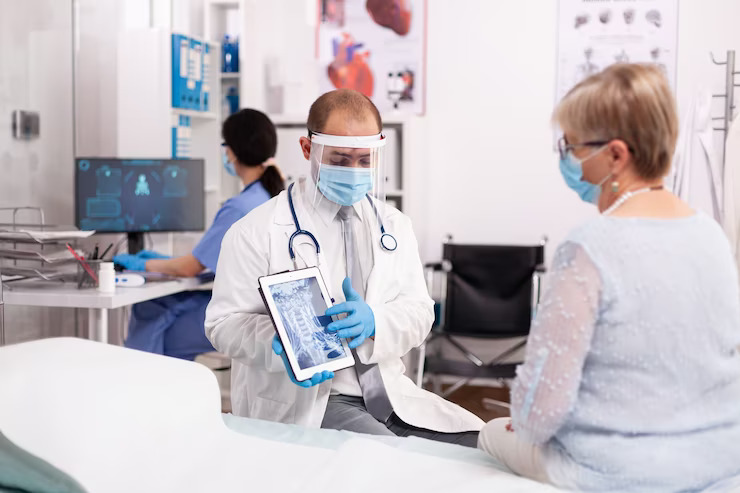Maximize Your Chances with the EU MDR:
Secure Your Future with an EU MDR
Course
Attention all medical device manufacturers and professionals!
On January 6th of 2023, the European Commission released a proposed deadline extension for certifying your medical devices, giving you a much-needed breathing space to comply with the Medical Devices Regulation (EU MDR). The provisions of the extension, if put into law, will depend on the medical devices’ risk class, ensuring that patients continue to have access to essential medical devices while maintaining the highest standards of safety and performance.
The EU MDR aims to provide a high level of health protection for patients and users, and to ensure the seamless functioning of the internal market for medical devices. As a manufacturer, you must make sure that your products meet the stringent requirements of the EU MDR to continue selling in the EU market. With the proposed extension, you have more time to get your processes and systems in order, but you must act fast.
Here are the key highlights of the EU MDR deadline extension proposal:
A. Higher-risk devices can have their transition period extended from May 26, 2024 to December 31, 2027, and medium and lower-risk devices can have their transition period extended until December 31, 2028.
B. Class III implantable custom-made devices can have their transition period extended until May 26, 2026, subject to the manufacturer’s application for a conformity assessment before May 26, 2024.
C. The validity of certificates issued up until May 26, 2021 will be extended.
D. The “sell-off” date will be removed to ensure the continued availability of safe and essential medical devices that are already on the market.
However, to take advantage of this extension, certain conditions must be met to ensure the safety of devices and steps taken by manufacturers to comply with the new regulations. Devices may only be placed on the market or put into service until the dates referred to in the extension proposal if the following conditions are met:
The devices continue to comply with Directive 90/385/EEC or Directive 93/42/EEC, as applicable.
There are no significant changes in the design and intended purpose.
The devices do not present an unacceptable risk to the health or safety of patients, users, or other persons, or to other aspects of the protection of public health.
No later than May 26, 2024, the manufacturer has put in place a quality management system in accordance with Article 10(9).
No later than May 26, 2024, the manufacturer, or an authorized representative, has lodged a formal application for conformity assessment in respect of a device referred to in the extension proposal or in respect of a device intended to substitute that device, and no later than September 26, 2024, the notified body and the manufacturer have signed a written agreement.
The manufacturer’s QMS continues to comply with the requirements of the EU MDR related to post-market surveillance, market surveillance, vigilance, registration of economic operators, and of devices.
To ensure the quality, safety, and performance of your medical devices and keep them on the EU market, it’s essential to understand the EU MDR and how to transition your processes under the Quality Management System (QMS) to meet the regulation.
Invest in yourself and your company by enrolling in our EU MDR 101 course, which provides comprehensive training on the EU MDR, its requirements, and how to transition to the new regulation smoothly. Don’t miss this opportunity to gain the knowledge and skills necessary to comply with the EU MDR and continue selling your medical devices in the EU market.

About The Author:
Isabel Osorio is the president and founder of MDR Consultants Inc. , a medical device consulting firm specializing in regulatory and quality consulting services for the medical device industry. She is a former member of industry following a 16-year career in the medical device field, where she gained extensive experience as an Engineer, a Lead Auditor and a Certified Trainer for Notified Bodies, and as a medical device consultant. While working on the front lines as a Clinical Specialist years ago, a chance encounter opened her eyes to the detrimental effects of companies skipping past proper quality controls and procedures.
This experience changed her perspective on the importance of Medical Device Standards and Regulations forever and inspired her to focus her career on helping medical device companies and professionals better understand the requirements to ensure confidence and competence in their implementation of relevant requirements. Product malfunctions can have harmful effects on someone’s life, including death, and that patient could be you or a loved one. That is why patient safety is at the heart of her MDR Consultant’s mission to provide best-in-class training and consulting services. You can reach her at info@mdrconsultants.com









